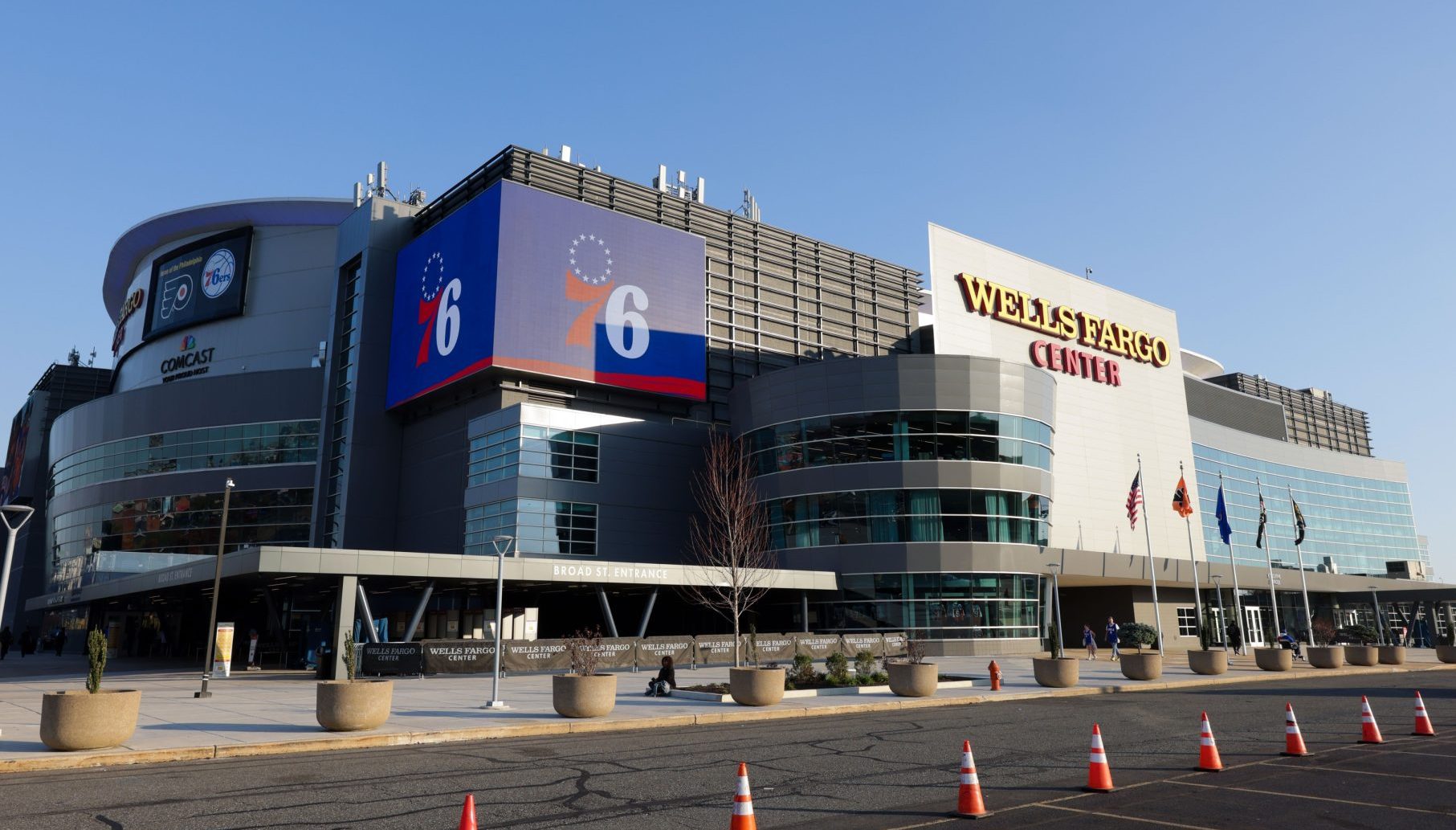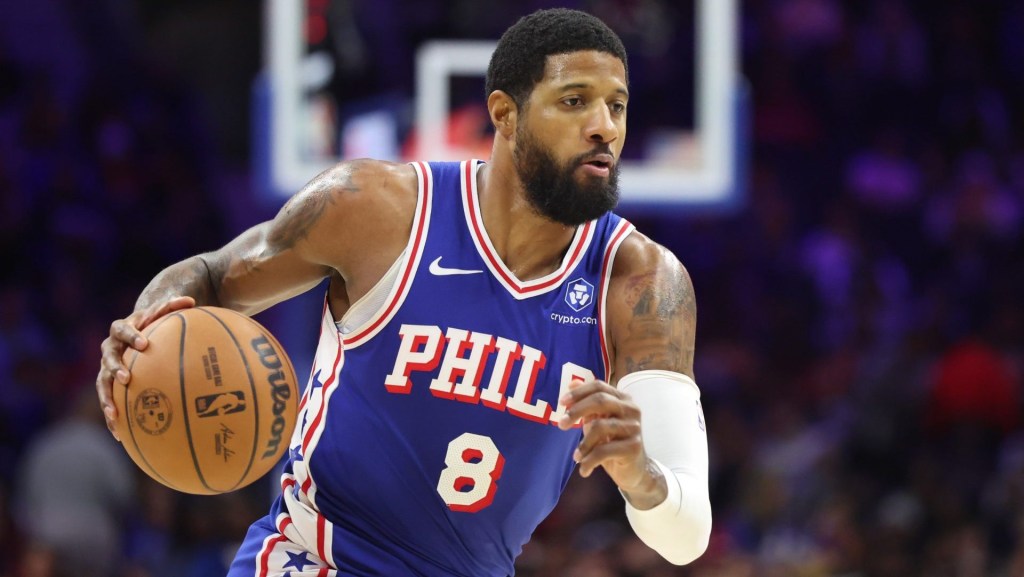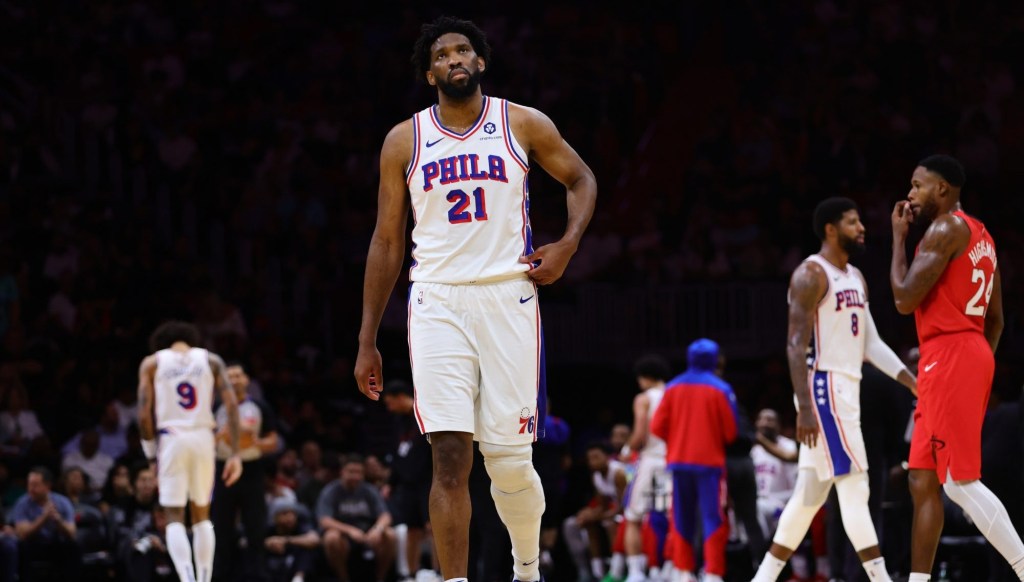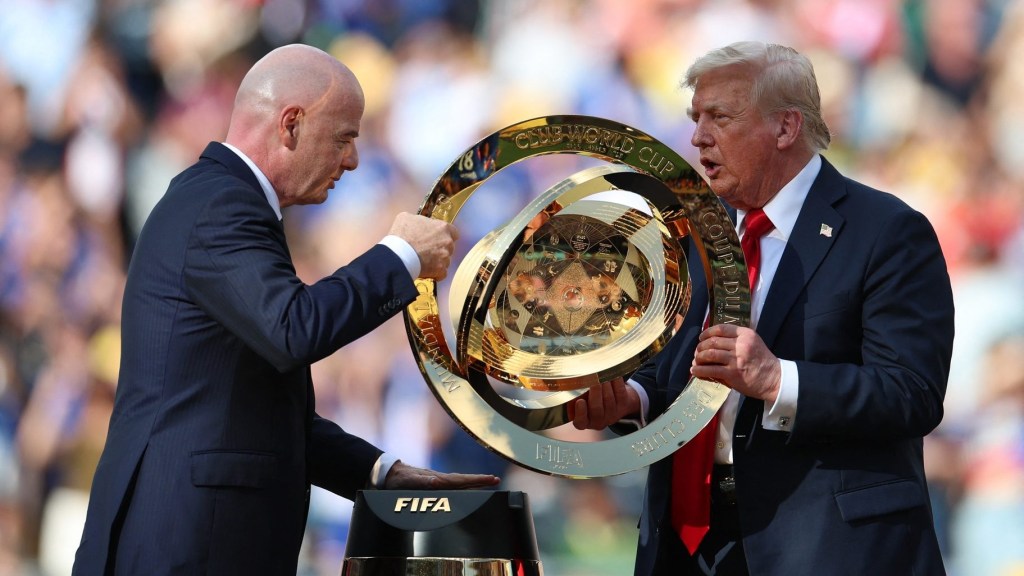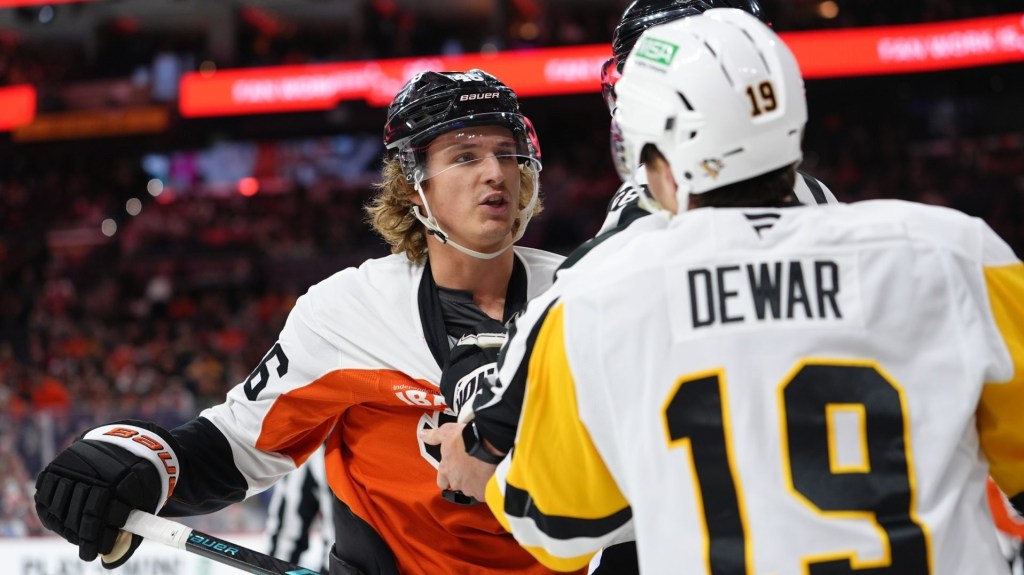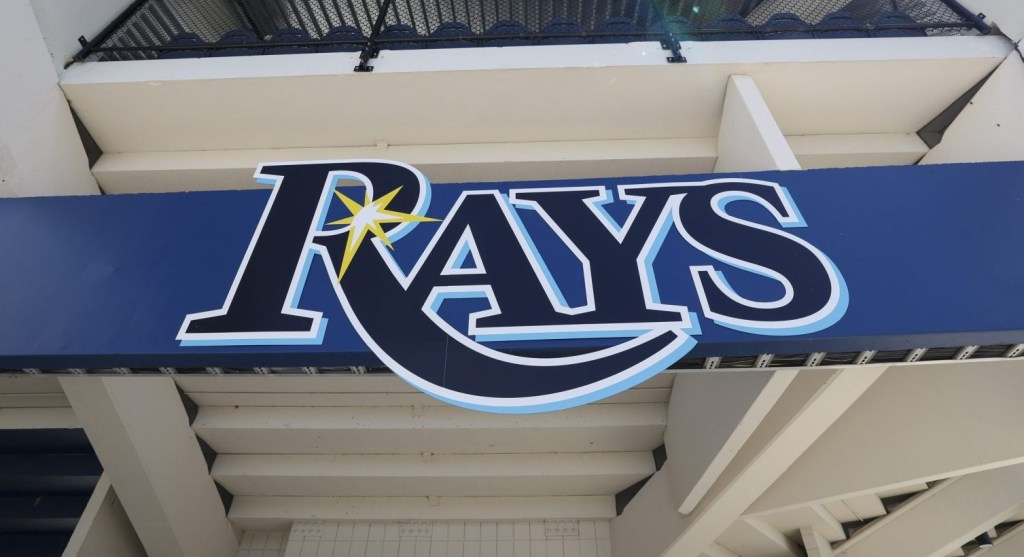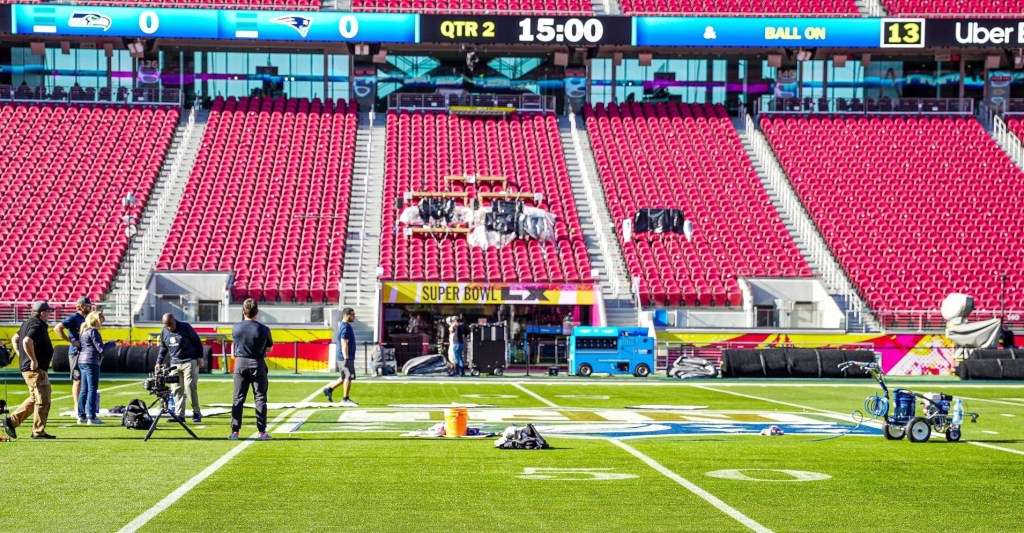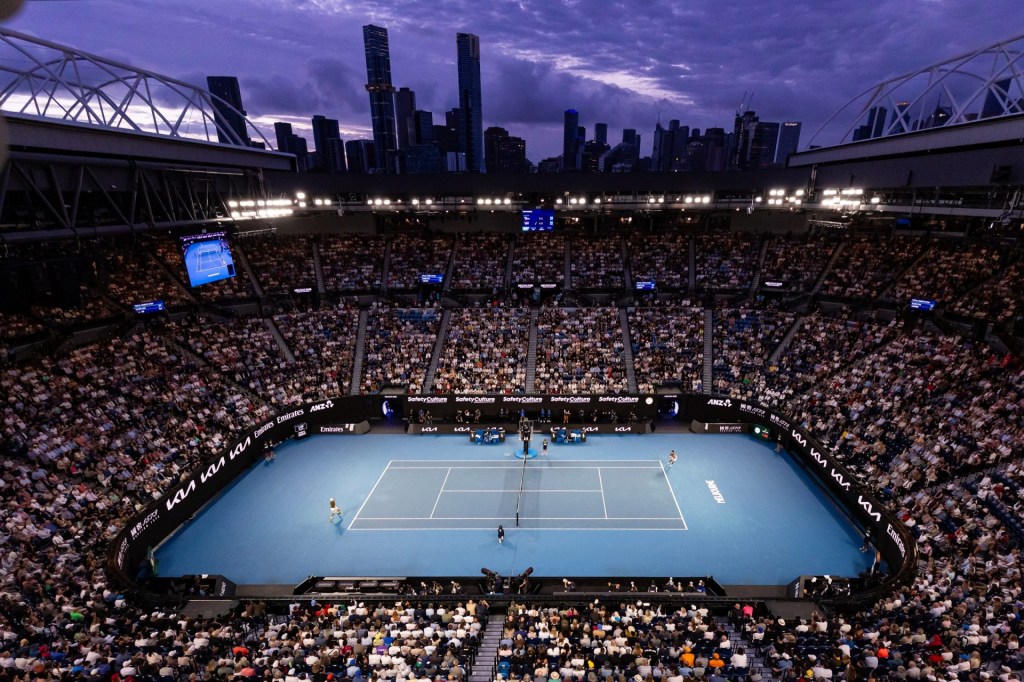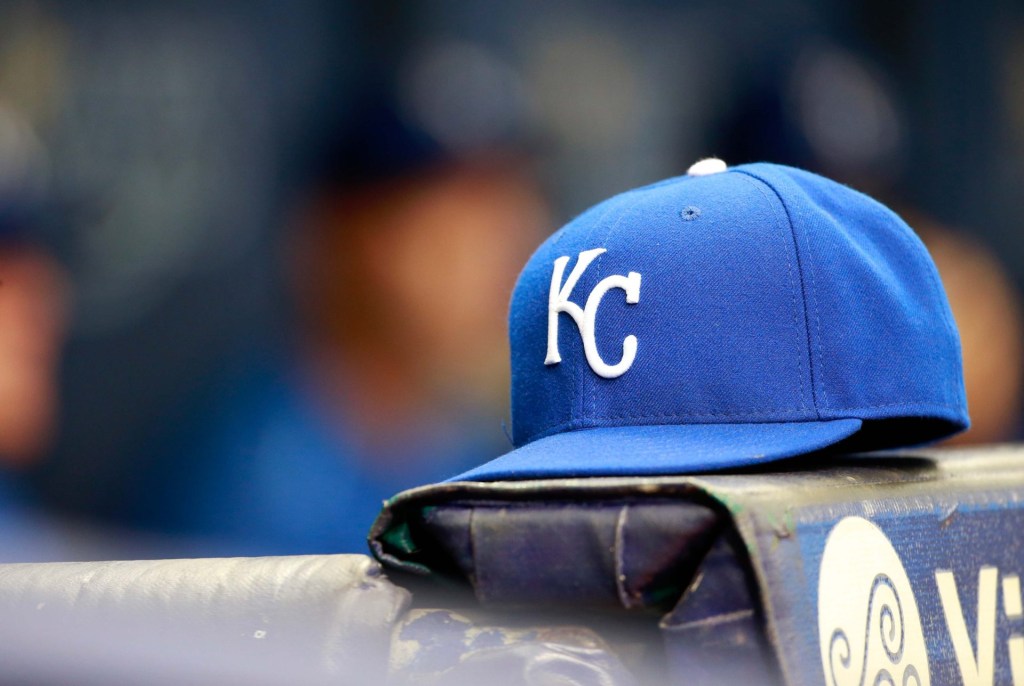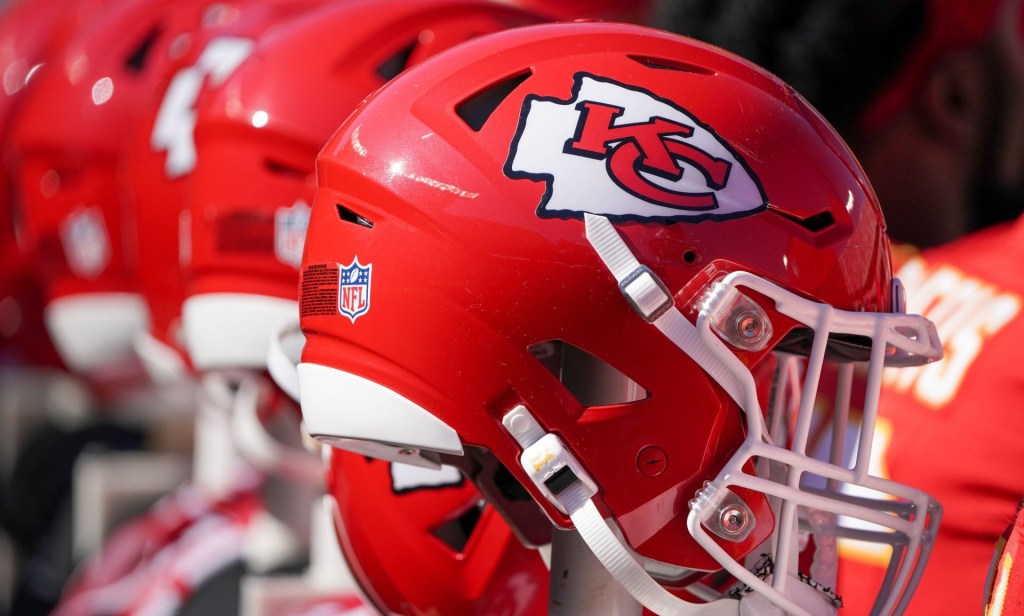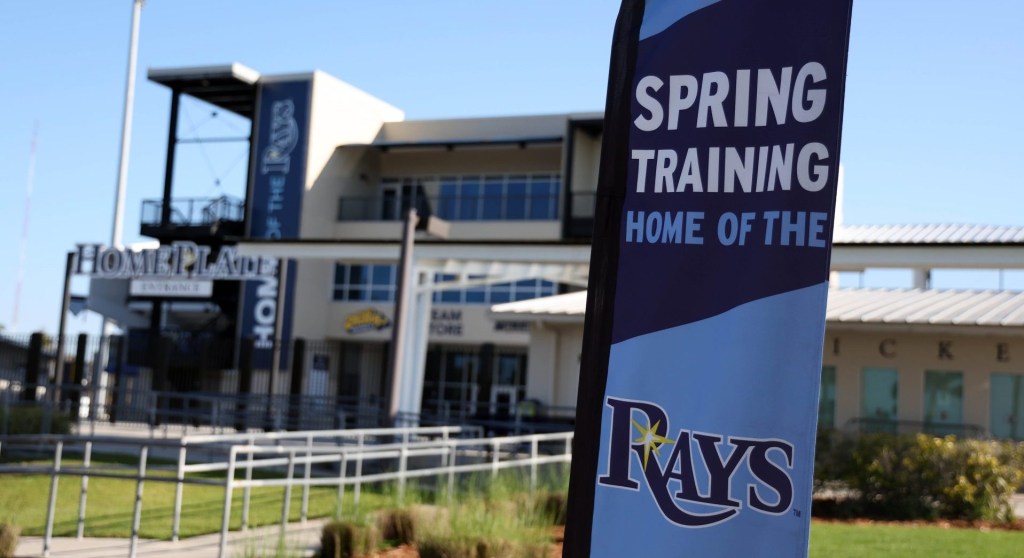One of the most stunning pivots in sports facility history became official Monday, with 76ers owner Harris Blitzer Sports & Entertainment unveiling its deal with Comcast Spectacor to remain in the South Philadelphia sports complex. For the 76ers and HBSE, the abrupt shift from a planned downtown arena was still about “creating something special for the city of Philly.”
In a large-scale press conference held midday Monday, HBSE founder and managing general partner Josh Harris said the agreement with Comcast arrived as both sides “saw an opportunity for something even bigger than what we had planned” separately.
“The journey to the best solution doesn’t always go in a straight line, but I am certain that today, we have found an incredibly positive solution for Philly,” said a raspy Harris, who had a banner Sunday between this deal and his Commanders winning their first playoff game in 19 years.
The agreement is led by plans to build a state-of-the-art arena in the existing complex—housing both the 76ers and NHL’s Flyers, and slated to open in 2031 with a possibility to accelerate that date. The building will be jointly owned and run by HBSE and Comcast Spectacor, owner of the Flyers and Wells Fargo Center. Additional deal components include a joint effort to pursue a WNBA expansion franchise and a reworked plan for a non-sports development at the 76 Place at Market East site previously pegged for the downtown arena.
Two other notable elements in the deal became known Monday: Comcast will acquire a minority stake in the 76ers and will have naming rights to the new arena.
How It Happened
The agreement primarily developed in a matter of days over the recent holidays, with key figures such as Comcast chair and CEO Brian Roberts and NBA commissioner Adam Silver playing meaningful roles. Some of the resurgent ties between HBSE and Comcast Spectacor, however, also stem from Comcast’s NBC Sports regaining NBA broadcast rights.
“As we saw this [arena] situation truly unraveling, I thought about the 76ers and the Flyers being in the same building and what that’s meant to the city, what could be possible, and we tried again harder,” Roberts said. “It also was fortuitous that the NBA is coming back to NBC. … So when we had an opportunity to meet with Josh and his team, we both got to what I think is the right place.”
Silver appeared at the press conference virtually, and touted Philadelphia mayor Cherelle Parker’s firm insistence on keeping the 76ers in the city and in a world-class arena, as well as the desire to land a WNBA team.
Postmortems and Recriminations
The mood at the city hall press conference was undoubtedly joyous, but there are still many scars left from the 76ers’ difficult pursuit of the downtown arena lasting more than two years. As the team ultimately gained majority support from the city council for the long-controversial project, community opposition never wavered.
That resistance grew to the point where the December hearing in which the arena was approved was repeatedly disrupted by protestors, including some forcibly removed from council chambers. Even after the vote, opposition to the downtown arena remained highly organized and mobilized. Going forward, it was increasingly likely that construction would have been disrupted by further protests.
“We’re glad that the Sixers will remain in the stadium district where they best belong,” said city councilmembers Jamie Gauthier and Rue Landau in a joint statement. “But the way they reached this decision reflects a profound lack of respect for city leaders, stakeholders, and residents.”
